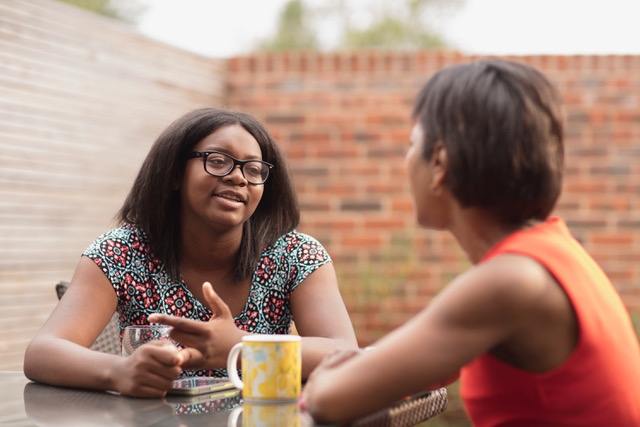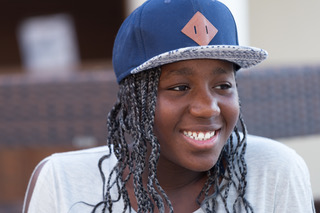Maintaining Your Family Relations
Family matters! It always has and it always will, but here is the thing about family: the relationships require maintenance just like friendships and romantic relationships.
If someone said this to me when I was a teenager, I might have hunched my shoulders because as far as I was concerned the relationship at home ran on auto pilot. It was my parent’s job to raise me and to put up with every sulk and mood that came over my teenage mind and body and quite frankly be happy about it. I felt they were responsible for meeting my needs. It never occurred to me that they had needs, too.
Thankfully, I had no nonsense parents who went a long way to take care of me and my siblings, but they didn’t jump through hoops, accepting disrespect and disregard. According to their values, they developed boundaries, which is quite key to maintaining family relationships. More on that later.
For now, let’s look at another aspect of maintaining good family relationships—effective communication. Without it, relationships perish, whether in a traditional family unit, like the one I grew up in, or a blended one, akin to what I live in now.
According to Dr Lisa Doodson, guest of our Your Family Matters podcast, if we rely on sensitivity and effective communication, we bring an openness to the table rather than a closed mindedness that can squash opportunities.
Take something as a simple as music, an acquaintance once talked about the importance of learning about her teenage daughter’s music instead of fobbing it off and refusing to let her play it on their drive to school. Though it wasn’t her thing, she decided it was a way to connect with her daughter.
No one needs to be marginalised or feel snubbed. But everyone must bring willingness to the table, says Dr Doodson. That means everyone—when I was teenager, I am not sure I understood. However, in On Being a Teen Girl Now, teenage guests Leah and Divaina stress that communication is a two-way street.
Communicating effectively can open doors that have been previously shut, and in a blended family can be the gateway to broadening horizons of its members and can also increase emotional intelligence, according to Dr Doodson..
Take my relationship with my in-laws, for example. We had a good rapport from the word go but not for a moment did we pretend that we understood each other’s life experiences fully, particularly when it came to race. My in-laws grew up in the 30s, long before I was conceived, and were open minded about embracing my culture. And I had to put aside pre-conceived notions and stereotypes about theirs as well.
Another example might be a parent taking on a new partner after separation or divorce or loss. This can be challenging for everyone but employing sensitivity and effective communication can assist with overcoming hurdles. Instead of refusing to accept the new person, let your parent know that you understand that they have needs but you are not quite ready and need to take things slowly.
In our podcast, Dr Doodson and I talk about understanding roles and boundaries when a new person or persons enter your life. If new siblings come into the fold, open and honest communication becomes even more pivotal.
As for boundaries, they really come in handy in any family unit. Traditionally, such as in my family, our parents had rules about our comings and goings, etc, and it worked for the benefit of everyone. Nowadays boundaries extend far beyond the physical.
When using the internet, for instance, be sensitive to other family members. In a blended family this can become quite complex when posting about holidays and activities. Make sure it is fine with family members who are on the outside of the experience before doing so, otherwise, you could cross a line that leads to hurtful consequences.
The point is that all family members matter, whether a part of a traditional family or a blended one. Take care of yours with effective communication and healthy boundaries. For more information on family life, listen to Your Family Matters and Your Family Inside Out with Helen Lewis, founder of Literally PR.









